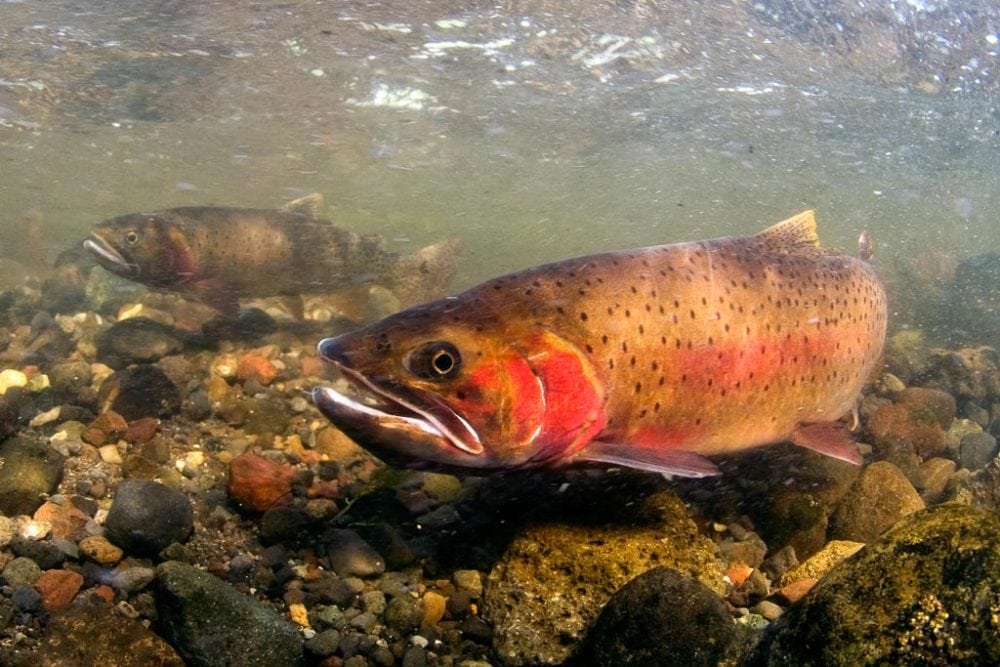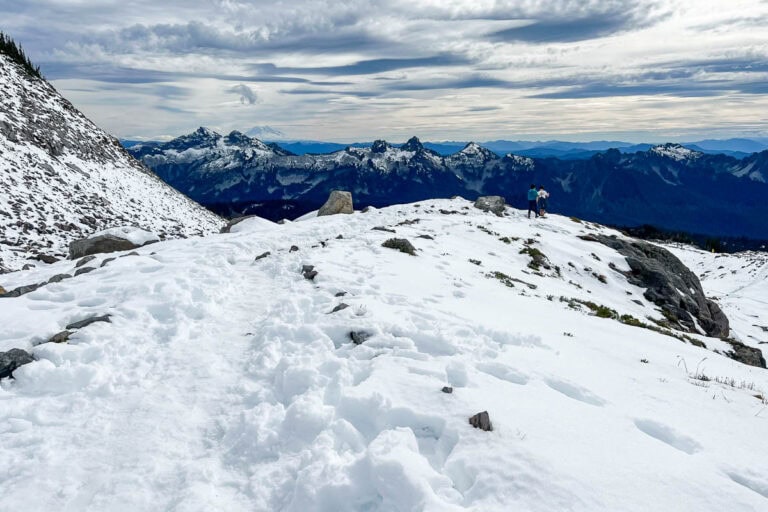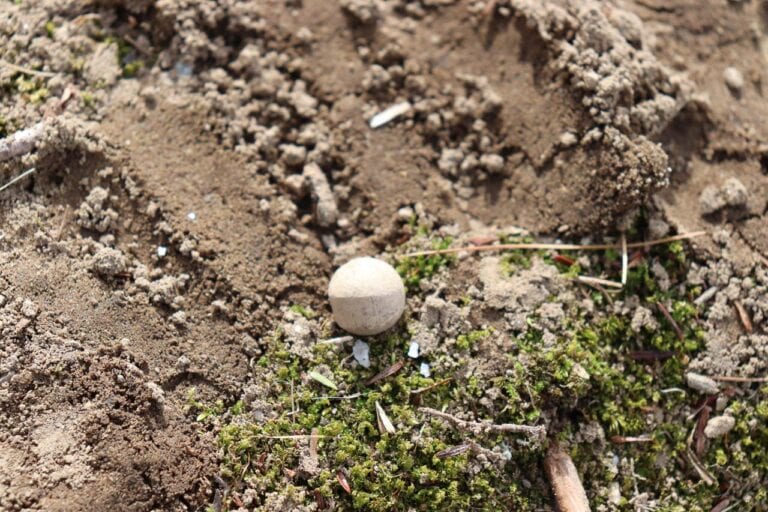Afternoon/Evening Fishing Closure in Yellowstone Due to High Water Temperatures & Low Flows (UPDATED)
UPDATE: The Yellowstone National Park fishing closure described below has been lifted as of August 20. More information here.
Fishing on streams and rivers, one of the most popular recreational activities in Yellowstone National Park, will not be allowed in the afternoons and evenings starting on July 24.
Announced in a news release, this new Yellowstone fishing closure is in line with measures taken by many other national parks in the West, such as complete fire bans in all Pacific Northwest parks.
The unusually dry and hot weather has prompted the National Park Service to implement all kinds of restrictions and bans.
Afternoon and Evening Fishing Closure in Yellowstone National Park’s Streams and Rivers

Effective Saturday, July 24, Yellowstone National Park’s rivers and streams will close to fishing in the afternoon and evening due to high water temperatures and unprecedented low stream flows.
This closure will protect the park’s native and wild trout fisheries.
Which fishing spots will be closed in Yellowstone?
- Fishing on rivers and streams will be prohibited from 2 p.m. to sunrise the following day.
- The closure will remain in effect until further notice.
Which fishing spots will be open in Yellowstone?
- Fishing on Yellowstone National Park’s streams and river is allowed from sunrise to 2 p.m.
- Yellowstone Lake and other lakes will remain open to fishing from sunrise to sunset as specified in the Fishing Regulations booklet.
Water temperatures have exceeded 68 degrees Fahrenheit (20 degrees Celsius) in recent days, and flows on many rivers are approaching historic lows.
These conditions are extremely stressful and can be fatal to fish. The extended forecast calls for continued hot and dry conditions with a slight chance of isolated afternoon thunderstorms, which contribute to continued low stream flows and high-water temperatures.
Note to anglers in Yellowstone National Park: Please fish during the coolest times of day and land fish quickly—do not play hooked trout to exhaustion. Gently handle fish in the water as much as possible and let them recover before release.
Your cooperation will protect the park’s fisheries and may preclude the need to prohibit fishing at all times of the day on some rivers and streams if conditions worsen.







